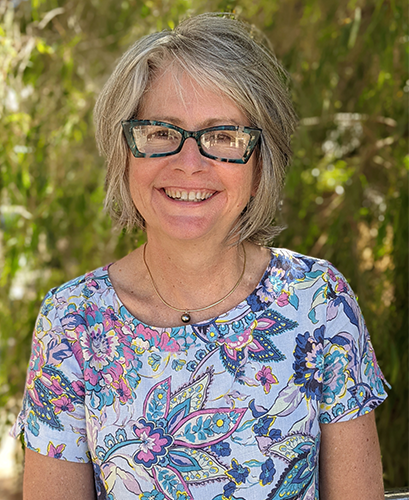Dr Lorri Hopkins is committed to helping to build a system where junior doctors have excellent training experiences that inspire them to work rurally.
“As a junior doctor I was the beneficiary of some wonderful training experiences courtesy of Dr Brian Williams who headed up the WA Centre for Rural and Remote Medicine (now Rural Health West).
“He created special training posts for aspiring rural generalists before the term was even coined.
“These posts would give provide concentrated or customised rotations and were highly sought after. For instance, instead of working as one of 10 registrars at King Edward Memorial Hospital, you might spend a term at Osborne Park Hospital where you would be directly involved in 100 deliveries in just six months.
“These posts were flagged for junior doctors with a long-term interest in rural medicine, rather than those who just wanted to tick off a rotation on their way to a different specialty.
“Many of my contemporaries from the program are still working in rural medicine which demonstrates the longevity of its success.

Image: Dr Lorri Hopkins lives and works in the Great Southern regional town of Albany.
“In some ways, that is what we’re trying to emulate with the Regional Training Hubs; really well-supported positions where junior doctors can get excellent training experiences that equip them for long-term rural practice.”
Lorri’s role with the Regional Training Hubs is a mix of networking with junior doctors, connecting them with appropriate mentors and contacts, and working with health services and colleges to create accredited training options.
My role is quite nebulous and multi-faceted. There is certainly an element of promoting rural generalism as a career, but also ensuring there are structures and supports in place so that our future doctors can fulfil their aspirations with excellent training.
Dr Lorri Hopkins
“Working with both WACHS and the colleges to build accredited training options is vital to securing a stable long-term rural medical workforce. There is more work to be done to demonstrate to the WA Health service and colleges that rural locations can produce top quality doctors and Dr Bron Pierce has had excellent success in this space.”
Lorri believes that to prepare doctors to work rurally, they ideally need to train rurally as there are aspects of rural medicine that can’t be replicated in a metro facility.
“There’s often an extra layer of complexity and problem solving that rural trainees face due to the availability and distance of some services in those locations.”
Lorri said the training and medical landscape had changed significantly since she was a junior doctor.
“When I first came to the Great Southern, Albany Hospital was a GP-run facility. It now boasts a wide variety of specialists.
“This provides many more opportunities for junior doctors to pursue their desired profession outside of Perth as there is sufficient supervision and patient numbers to meet the requirements of their respective colleges.
“It is promising for the future of rural medicine that we currently have more than 60 junior doctors and 16 RCSWA students in their final and penultimate years of medical school based in Albany.
“With the move to post-graduate medical schools and a greater willingness to change careers amongst the younger generation, our students and junior doctors often have families and other responsibilities. They don’t have the same mobility or desire to move from location to location to complete their training.
“Ideally, we would have the capacity to support all aspiring rural doctors to complete all or most of their training in their desired location.”
Dr Lorri Hopkins is a Medical Coordinator for WA Regional Training Great Southern, Wheatbelt & South West Hub. For more information please contact the WA Regional Training Hubs Team [email protected]
The Regional Training Hubs have been developed as part of the Australian Government Department of Health’s Integrated Rural Training Pipeline for Medicine (IRTP).
